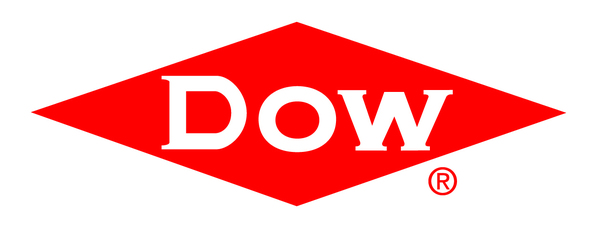Vietnam reaffirms commitment to international peace, stability on 77th national day
By Sanjay KumarPublished : Sept. 1, 2022 - 15:22

Vietnam’s Independence Day, which falls on Friday, commemorates Vietnam’s declaration of independence from France and reading of the declarations of independence of Vietnam by Vietnam’s first President Ho Chi Minh at Ba Dinh Square in Hanoi in 1945.
Vietnam was a colony of France from 1877 until 1945.
Delivering welcome remarks at the ceremony, Vietnamese Ambassador to South Korea Nguyen Vu Tung recalled his country’s 30 years of struggle for independence under the leadership of the Communist Party of Vietnam and President Ho Chi Minh.

Doi Moi (restoration) refers to economic reform policies carried out by Vietnam from 1986 according to which Vietnam opened its economy to capitalism while remaining socialist republic politically.
According to Tung, Vietnam aims to modernize its industry, become an upper middle income country by 2030, and emerge as a high-income developed nation by 2045.
“Vietnam has a dynamic and economically close-linked global and regional economy,” said Tung.

“Vietnam needs added qualitative achievements in its development strategy to attain such goals,” said Tung referring to challenges in areas such as new resources and materials, digital economy, climate change response under recent geopolitical and geo-economic situations.
He stressed the need to develop management system, infrastructure development, and human education to seize opportunities arising from these problems.
Tung said that Vietnam is a friend and reliable partner of the world and in the region, and follow a peaceful international route to create an environment of peace, stability and cooperation to focus its capabilities on national development projects.
“Vietnam will continue to actively and proactively contribute to peace and stability in the region together with other countries,” he said emphasizing the role of international support for Vietnam’s success.

Vietnam and Korea built dynamic relationship, a comprehensive strategic partnership based on mutual understanding, trust, intertwined national interests, cultural and social similarities highly supported by the peoples and governments of both countries, said Tung.
“In 2021-2024, Vietnam will be responsible for coordinating Korea-ASEAN relations,” highlighted Tung.

Park said that Korea-Vietnam trade volume increased 160-fold compared to 30 years ago in 2021, exceeding $80 billion.
“South Korea is Vietnam's largest investor,” said Kim referring to 8,000 Korean companies, including Samsung and LG, investments in Vietnam and their contribution to economic development of both countries.
More than 4 million Koreans visited Vietnam each year before COVID-19, Koreans account for the largest proportion of foreigners visiting Vietnam in 2022, he said underlining people-to-people exchanges.
The minister said that about 80,000 Vietnamese students studying in Korea and Korean-Vietnamese multicultural families serve as a bridge for cultural exchange.

“I served as the presidential secretary that time,” he said.
He also recalled his visit to the Samsung factory in the Yen Phong Industrial Complex in Vietnam as chairman of the National Assembly Foreign Affairs, Trade and Unification Committee Samsung.
The factory has now become a symbol of Korea-Vietnam economic cooperation.
Vietnam and Korea are now strengthening cooperation on issues such as supply chain restoration and climate change, said Park.
Noting the Korean government’s most recent policies on Vietnam, Park highlighted Vietnam’s current status as Korea-ASEAN Dialogue Coordinator.
“President Yun Seok-yeol's government is focusing on developing relations with ASEAN,” said Park.
“Vietnam is Korea’s core partner in ASEAN,” he added.
“Friends support each other and share difficulties and joys,” Park concluded, referring to a Vietnamese proverb.


![[Herald Interview] 'Korea, don't repeat Hong Kong's mistakes on foreign caregivers'](http://res.heraldm.com/phpwas/restmb_idxmake.php?idx=644&simg=/content/image/2024/11/13/20241113050481_0.jpg&u=20241113223419)
![[KH Explains] Why Yoon golfing is so controversial](http://res.heraldm.com/phpwas/restmb_idxmake.php?idx=644&simg=/content/image/2024/11/13/20241113050608_0.jpg&u=)













![[Herald Review] Cho Seung-woo takes 'Hamlet' crown](http://res.heraldm.com/phpwas/restmb_idxmake.php?idx=652&simg=/content/image/2024/11/14/20241114050593_0.jpg&u=20241114162458)
![[Today’s K-pop] NewJeans reaches 200m views with ‘Hype Boy’ music video](http://res.heraldm.com/phpwas/restmb_idxmake.php?idx=642&simg=/content/image/2024/11/14/20241114050657_0.jpg&u=)